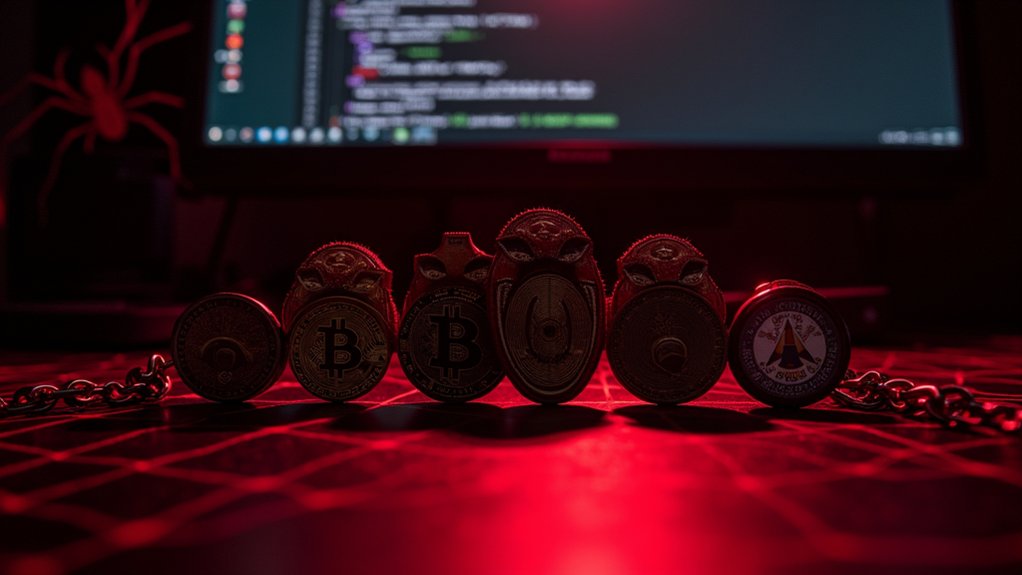As the cat-and-mouse game between regulators and darknet operators intensifies, the U.S. Treasury‘s Office of Foreign Assets Control (OFAC) has sanctioned 49 cryptocurrency addresses linked to Iranian national Behrouz Parsarad. The addresses—44 Bitcoin and 5 Monero—belonged to the alleged administrator of the now-defunct Nemesis darknet market.
Another day, another crypto crackdown.
Nemesis wasn’t exactly a small-time operation. Running from 2021 to 2024, the marketplace boasted 30,000 active users and 1,000 vendors, facilitating nearly $30 million in illegal drug sales.
Nemesis: 30,000 users, 1,000 vendors, and $30 million in drug deals. Darknet’s not-so-hidden economy.
And drugs were just the appetizer. The full menu included stolen data, forged documents, ransomware, and an assortment of cybercrime tools like phishing and DDoS services. Quite the one-stop shop for criminals.
Parsarad allegedly served as Nemesis’s sole administrator, raking in millions by charging transaction fees. He laundered cryptocurrency for criminals and, when Nemesis shut down, was already planning his next darknet venture. Talk about entrepreneurial spirit.
The sanctions pack a punch. All of Parsarad’s U.S.-based property and interests are now blocked. These actions align with OFAC’s increasing focus on cryptocurrency addresses in sanctions that began in November 2018. American persons can’t transact with him or his addresses.
Non-U.S. persons can’t help him evade sanctions. Financial institutions dealing with him risk getting sanctioned themselves. Violations could mean civil or criminal penalties. Ouch.
This marks OFAC’s first action as a member of the FBI-led JCODE Team. It’s part of their broader strategy targeting narcotics proliferators and darknet marketplaces.
They’ve been busy, previously sanctioning Genesis Market and Hydra Market.
The crackdown comes amid a shifting landscape. President Trump pardoned Silk Road founder Ross Ulbricht. Hydra Market was shut down in 2022.
Bitzlato exchange got busted for laundering $700 million for Hydra users.
The choice to target both Bitcoin and Monero highlights OFAC’s recognition that criminals often prefer privacy-focused cryptocurrencies for their enhanced anonymity features.
For crypto users wondering if they’re accidentally dealing with sanctioned addresses, OFAC’s Sanctions List Search tool can query by hash value. Better safe than sorry in this high-stakes game of digital cat and mouse.
The decentralized nature of these cryptocurrencies presents a consensus mechanism challenge for authorities trying to combat illegal activities while preserving the benefits of distributed ledger technology.





